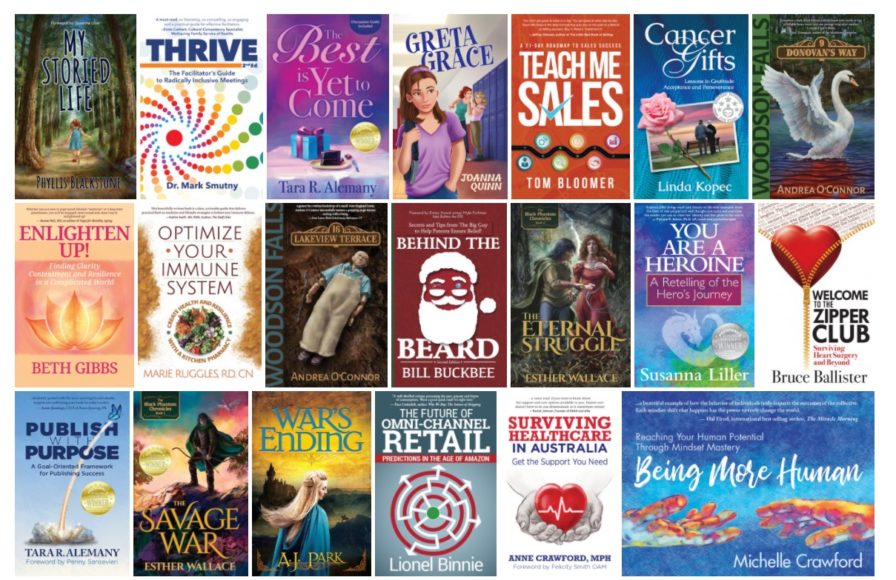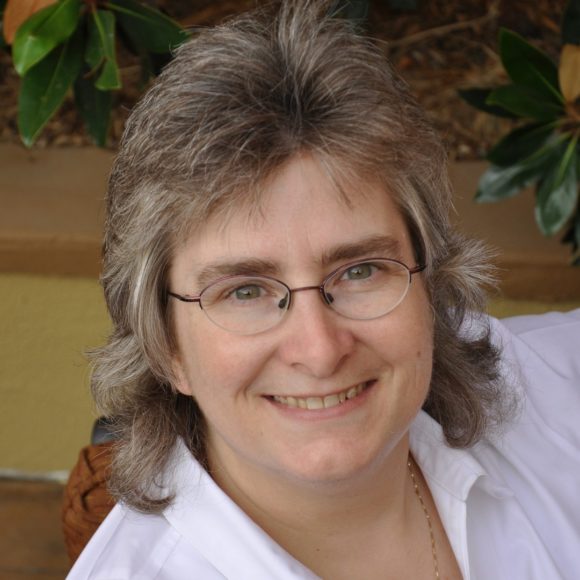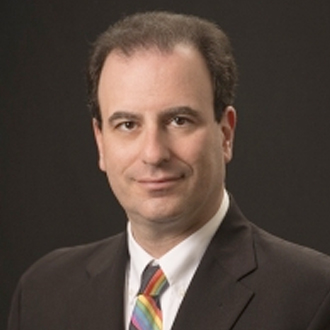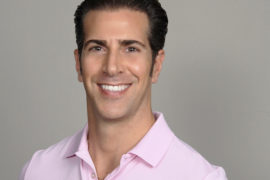Tara R. Alemany never intended to become a book publisher. Indeed, she owned and operated Aleweb Social Marketing, which provided social media and publicity services for businesses, public speakers and authors.
“I had different authors and speakers ask for help with their books in terms of editing and layout and design,” she recalls. “And after about seven or eight projects, I realized I had nothing pointing back to me as a business or brand. So, I started Emerald Lake Books as a division of this other company in October 2014.”
However, things didn’t go as Alemany planned.
“Within six months, Emerald Lake Books took over the whole thing, so it’s been running as the primary business since,” she says, adding that Aleweb Social Marketing was officially shuttered last year.
Alemany defines her Sherman-based company as “a boutique publisher, which means that we are paid for services rendered. But one of the things that makes us very distinct from other boutique publishers is that we provide a lot of coaching for our authors. So instead of just producing their book, we also spend a lot of time with them talking about what their goals are, what they hope the reader gets out of it and what they want to accomplish with it. And then we help them figure out their launch and marketing plans so that we aren’t just giving them a book, but we’re giving them the process they need to follow in order to achieve the goals that they’ve set.”
Authors pay the company between $6,000 and $8,500 to publish their works. One of the key players in the authors’ road to publication is input from Mark Gerber, the company’s co-owner and art director.
“I’ve worked with all the major book companies in the city since the ’80s,” he says. “When I met Tara, we just kind of clicked and she asked me to start helping her with a few things within the company, and it kind of grew from there.”
Emerald Lake Books typically published five works per year, but Alemany notes that “because of the pandemic, everybody who ever wanted to write had time to write. And so, we were under contract for 12 in 2021.”
Alemany initially focused on nonfiction books designed to help people interested in building a business, but it later expanded into fiction featuring authors who saw their career goal of becoming professional writers.
“They want this to be their livelihood,” she says. “We help them focus on fiction writing in the same way if they were starting any business with any other product. Right now, we’re fairly evenly split between fiction and nonfiction.”
For Gerber, the challenge is creating an original cover design that will help the book stand out on e-commerce sites.
“It has to work first in black and white,” he explains. “The way we present them, if it doesn’t work in black and white, then it’s not going to work in color. Beyond that, it really needs to capture the eye and draw attention when it’s viewed at a thumbnail size, as most people are seeing books for the first time online.
“It’s basically a poster for the book and it has to fit within the genre and draw the attention so that at least you read the description,” he adds. “In a bookstore, it’s the spine that draws your attention first because you don’t often see the cover. And that’s where a really good title comes in — a lot of consideration is given to that as well.”
Emerald Lake Books coaches its authors on how to promote their works, although Alemany acknowledges that “a lot of people feel very uncomfortable with promoting their own book because it feels like they’re bragging.” From a marketing perspective, she strategizes on helping the authors find new and distinct ways to address different audiences, even encouraging multiple launches of the books if there is a tie-in to an ongoing trend or issue.
“What does that audience want to hear?” she says. “Because how they’re going to talk about it to a librarian or a bookseller is completely different than how they’re going to talk about it to their next-door neighbor.”
To date, the company’s most popular book is John Suscovich’s “Stress-Free Chicken Tractor Plans,” which Alemany describes as a guide “for backyard poultry enthusiasts who want to be able to have a mobile chicken coop to move around their yard, or small homesteaders. We sell thousands of copies a year.” For 2022, the company is planning to start the year with a book on grieving and healing from grief by a retired physician from Southbury, a book for business owners on how to sell their operations, and two young adult fantasy novels.
While the authors pay the company to publish their works, Emerald Lake Books is particular about what it puts forth — political books, poetry collections, faith-based meditations and illustrated children’s books are not part of the company’s catalog. And Alemany points out that not every author who queries the company winds up working with them.
“There are so many vanity publishers out there, and people that will simply take a book, because the author has the money to do it,” she says. “They don’t really assess the quality of the book or how it’s going to affect the author if that particular book goes out in its current condition. For us, a lot of it is about the ethics behind this and about having a very high sense of integrity. We’re not going to take a book that we don’t feel there is a market for or that we don’t feel is ready to be published. There are times when we’ve had books submitted to us that were from first-time authors that we’ve said, ‘Hey, listen, we really recommend you join our writers’ critique group, spend some more time honing your craft, bring it back to us once you’ve had more time with it and we’ll take another look at it.’
“We don’t like being taken advantage of in our own lives, so it’s important to us not to take advantage of somebody else.”
For more, visit emeraldlakebooks.com.






